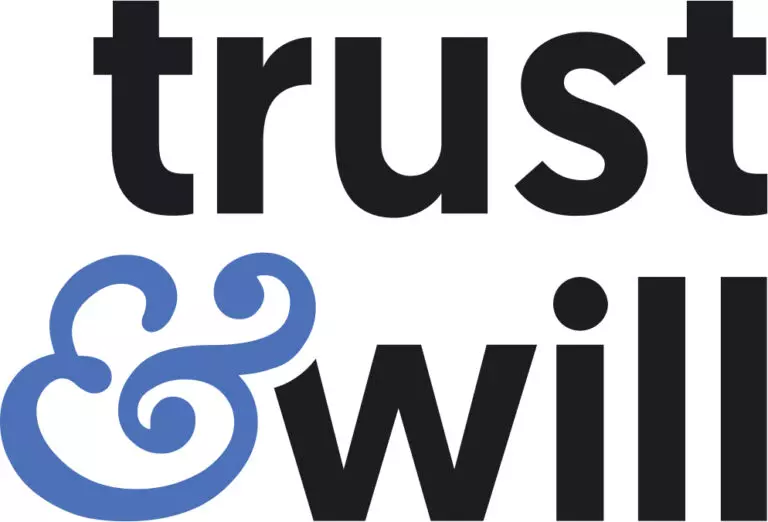In the event that you pass away without leaving a valid will (also known as dying intestate), your state probate court determines what happens to your assets. State laws on intestate succession vary, but in general your property passes to the next of kin if you cannot be located or the state.
Probate — which is the distribution of your assets upon your death — may be more difficult and complex for those who are left behind without a will. Wills, trusts or transfer-on death deeds are all estate planning tools that can help simplify the probate process.
|
|
|
|
|
|
What happens when property is transferred in probate
The probate process is different for estates that have wills.
Willingly
-
The probate process begins once the will of the decedent and the certified death certificate is submitted to the court in the county of his/her residence.
-
Executors are named in wills to administer the estate. The executor is responsible for distributing the property to the beneficiaries, paying taxes and paying any outstanding debts.
-
If you have beneficiary-designated accounts such as life insurance and retirement accounts, those assets will pass directly to the beneficiaries named without passing through probate.
A will without
-
The local court will follow the intestate law of your state, determining beneficiaries by using the designations made for the nearest relatives and distributing the assets according to those.
-
If the court cannot contact the next of kin in order to identify heirs, the state may take the property. This is called an escheat.
-
Before the deed of property can be transferred, the court will require that the heirs of sole ownership sign and notarize an affidavit.
-
In general, if the property is owned jointly by two people, the owner who survives is considered to be the heir. To transfer ownership, the surviving owner will need to submit to the probate courts a certified death certificate of the deceased owner and an affidavit proving survivorship.
Avoiding property transfers in probate
Transfer on death deed
When the owner passes away, property held by a TOD deed is automatically transferred to a designated beneficiary. The property does not have to go through probate with this estate planning tool.
Although it is easy to prepare, a TOD deed can only be used in half the states of America.
Payable on death bank account
Trusts
A trust is a legal agreement that allows someone to manage your assets. It also avoids the probate process. There are many types of trusts for various purposes. Some trusts reduce estate tax.
While trusts give you more control over your assets than any other type of estate planning tool, they are often expensive to create and can take a lot longer.
Wills
A will is not required but it can reduce the amount of time and effort involved in probating your estate. It also ensures that you are respected in the event of your death. A will can be written with the help of an estate planner or online software.
